Your Health – Your Environment Blog Posts
Children’s Environmental Health Day – October 8, 2020
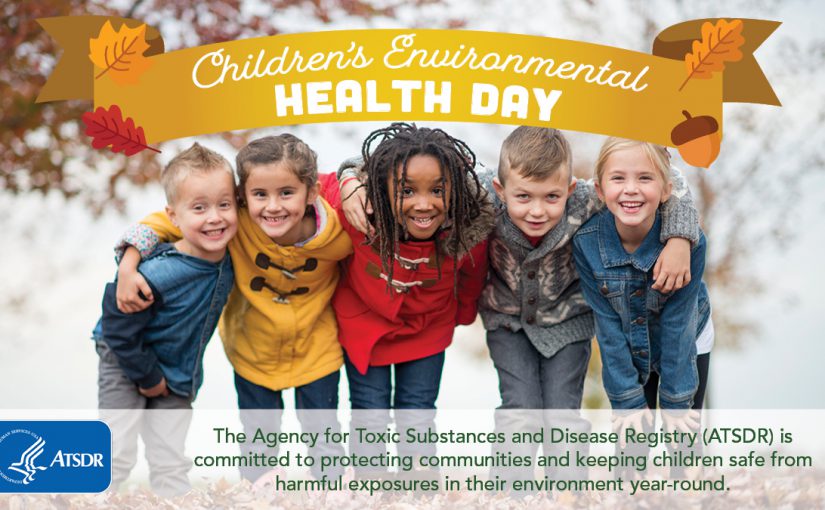
ATSDR Protecting Children’s Health – Our Future Generation! Today, children may face illnesses linked to environmental exposures where they live, learn, and play. For example, children may be exposed to harmful chemicals in the air they breathe, the water they drink, or soil they touch or swallow. Read More >
Posted on by Leave a commentChildren’s Health Month – October 2020

Leading the way towards safe, healthy, and protective environments where children live, play, and learn! Each year, Children’s Health Month reminds us of the importance of protecting our children’s health from environmental hazards in places where they live, play, and learn. From their earliest stages of development through puberty, children are vulnerable to exposure to Read More >
Posted on by 1 CommentOctober is “National Protect Your Hearing Month.”
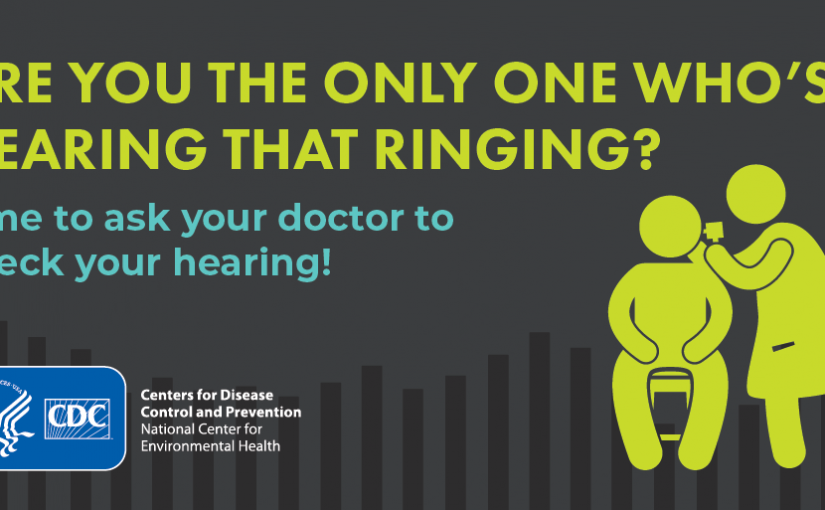
Did you know that …? Repeated exposure to loud noise over the years can damage your hearing—long after exposure has stopped. Read More >
Posted on by Leave a commentNational Preparedness Month 2020

Choose Safe Places for Early Care and Education (CSPECE) Disaster Recovery Supplement Protecting our children where they learn and play during disaster recovery A public health emergency—such as a wildfire, hurricane, or other natural disaster—can happen anywhere and at any time. These disasters disrupt communities. Homes, businesses, childcare facilities, early childhood programs, schools, and other Read More >
Posted on by 1 CommentATSDR’s Toxic Substances Portal

ATSDR’s Toxic Substances Web Portal makes it easy for researchers and citizens to find information about toxic chemicals and related health effects. Learn how toxic substances can affect health and how to prevent exposure. Read More >
Posted on by 2 CommentsPlain Language Past and Present, Part III: Award Winners
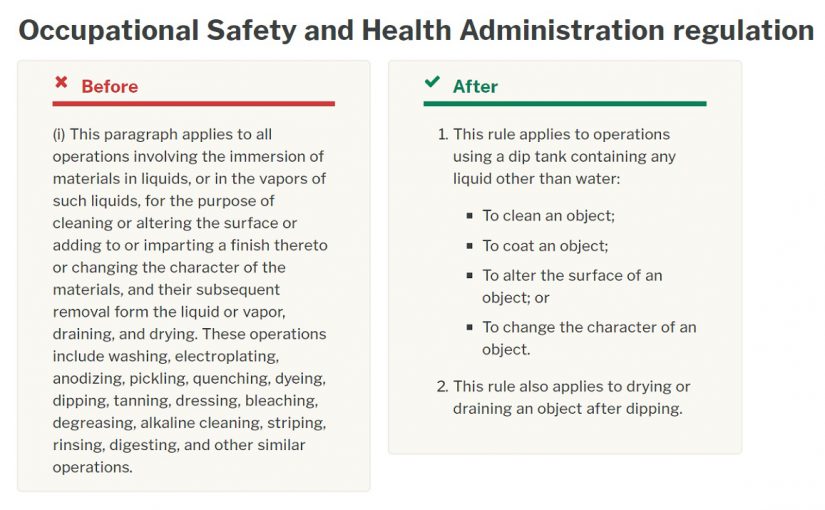
Plain Language Past and Present is a three-part blog series highlighting some of the interesting early efforts and events that championed the cause, long before 2010’s Plain Writing Act made it law. Part I examined John O’Hayre’s 1966 Gobbledygook Has Gotta Go, and underscored how overly formal, complex language can make writing wordy, pretentious, incomprehensible—or Read More >
Posted on by Leave a commentFireworks Safety Month!
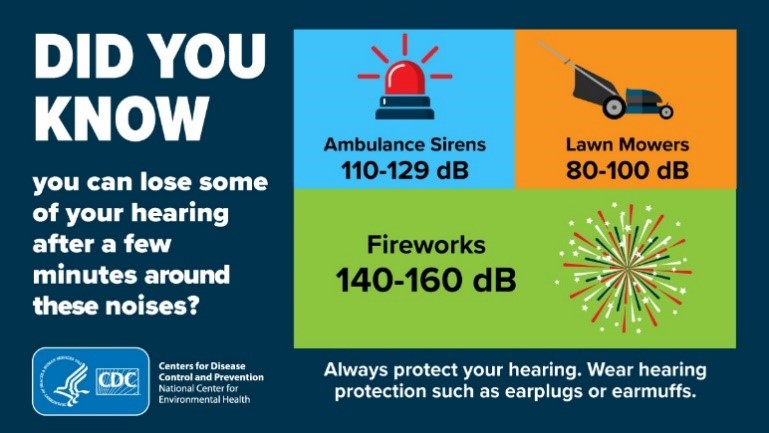
The National Center for Environmental Health (NCEH) at CDC supports #Fireworks Safety Month and recommends the use of hearing protection devices while participating in noisy activities this summer. Below are some examples of noisy activities Watching summer fireworks on the 4th of July Mowing the lawn Using a gas-powered lawn edger to manicure the lawn Read More >
Posted on by Leave a commentUsing Data to Make Decisions and Inform Decision-Makers
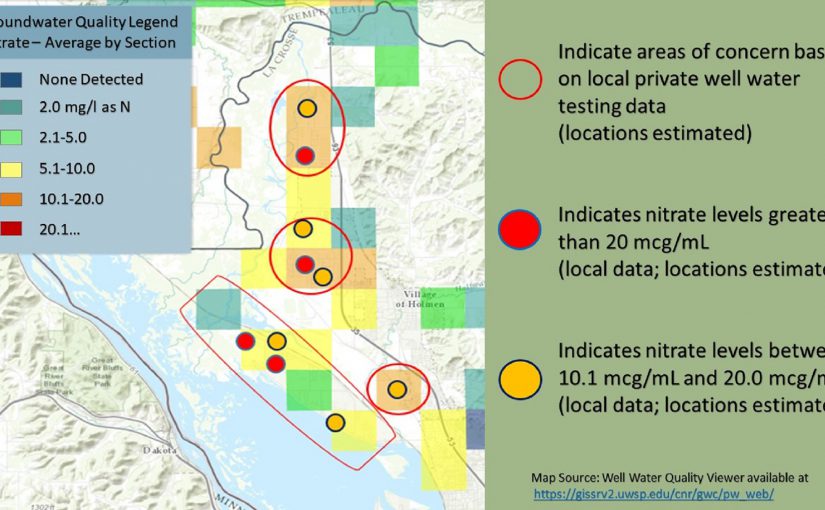
Webster’s dictionary defines data as “factual information used as a basis for reasoning, discussion, or calculation.” This holds true at the La Crosse County Health Department (LCHD), an agency nestled between the Mississippi River and the bluffs of West Central Wisconsin. Here, data are a cornerstone to furthering policy and actions to improve the community’s Read More >
Posted on by Leave a commentPlain Language Past and Present, Part II

The Plain Writing Act, which requires government agencies to use plain writing in all documents, was passed in 2010—but the push to make writing clearer had been ongoing for decades. In this three-part blog series, Plain Language Past and Present, we highlight some of the interesting early efforts and events from the U.S. government website Read More >
Posted on by Leave a commentIn Fond Memory of a Beloved and Respected Colleague, “A Connecticut Yankee in King Arthur’s Court.”

Chris passed away on Sunday, May 3, 2020. In tribute to him, this blog is a reposting from September 19, 2016. “I often used to feel like ‘A Connecticut Yankee in King Arthur’s Court’ — an out-of-place urban planner among physicians, epidemiologists, and nurses at CDC,” says Chris Kochtitzky, an Associate Director for Program Development Read More >
Posted on by 2 Comments

